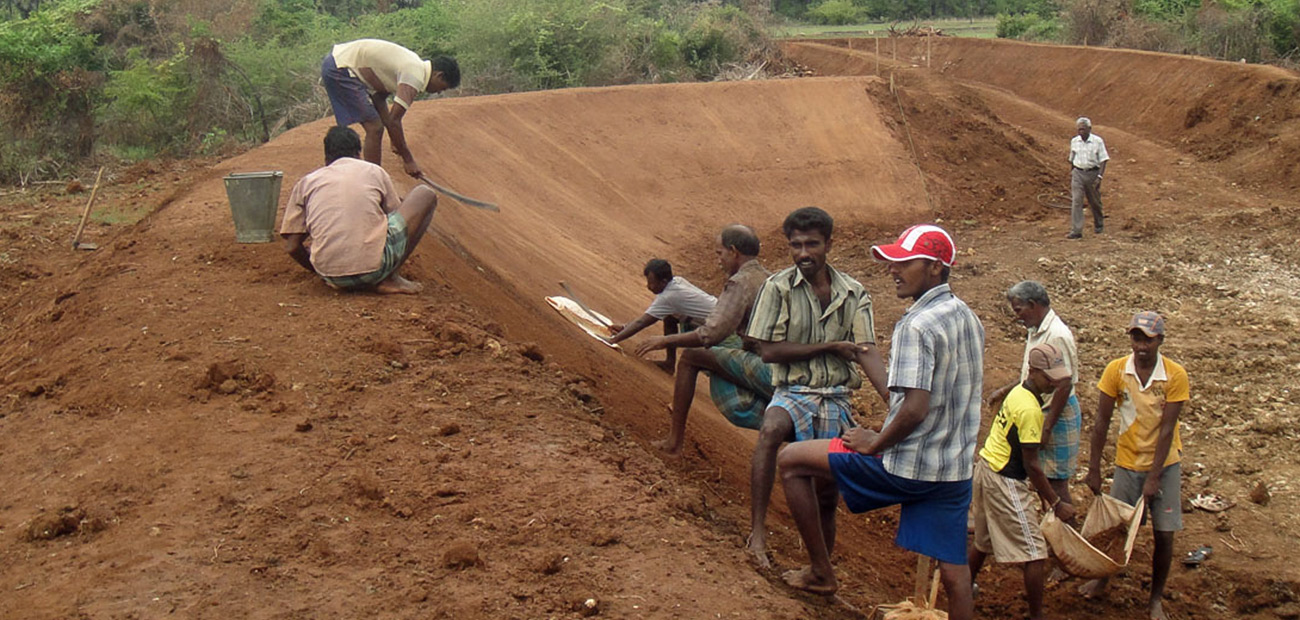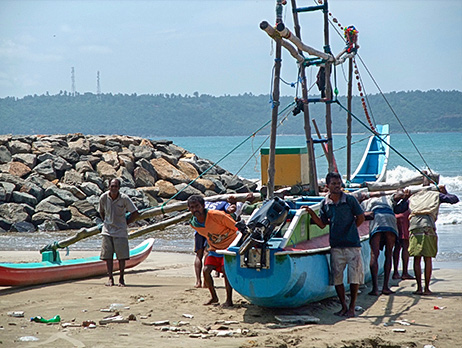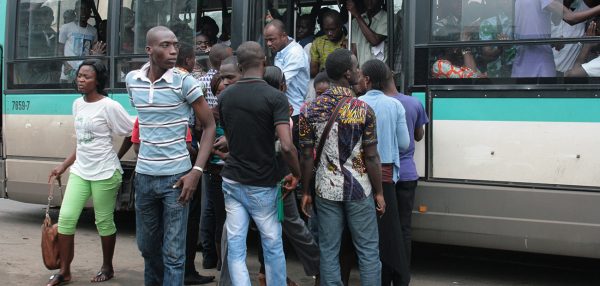Rebuilding Sri Lankan Communities
OC Global fulfills Sri Lanka’s peacebuilding needs.

Challenge
Help raise socioeconomic status of Jaffna in post-conflict Sri Lanka
The conflict in Sri Lanka that spanned a quarter century finally ended in May 2009. The number of internally displaced persons (IDPs) increased after January 2009, reaching over 280,000 at one point. Some public facilities and economic infrastructures became obsolete or were abandoned because of the long conflict. In addition, demining was yet to be completed, thereby posing an obstacle to resettlement in the former High Security Zone controlled by the Sri Lankan Forces within Jaffna.
At the beginning of the project, however, as the efforts of the government of Sri Lanka to facilitate the return of IDPs intensified, the approximate number of IDPs remaining in welfare centers declined considerably. Security measures and other controls such as fishing restrictions were also being relaxed. People’s life in Jaffna has been gradually improving except in some specific areas. The Jaffna District has been the financial and socioeconomic center of the Northern Province, with more than half the population of the province living in Jaffna. Thus, the reconstruction and development of the Jaffna District would help raise the socioeconomic status of the rest of the Northern Province as well.
Services
The project was intended to attain two objectives. The first was to assist in rebuilding socio-economic activity by formulating a regional development plan and road maps, and by implementing the Quick Impact Pilot Project (QIPP) and other similar projects. The second objective was to indicate a way to reconstruct the regional economy by, among other things, strengthening various community-based organizations such as the farmers’ organizations, fishermen’s cooperative societies, and women’s organizations, as well as reintegrating IDPs and other extremely vulnerable individuals into society.
The project was implemented by the joint venture formed by IC Net Limited and OC Global. OC Global was responsible for the QIPP including rehabilitation of agricultural and fishery infrastructure, and overall peacebuilding needs and impact assessment of the project.

Results
- Rehabilitation of irrigation tanks: seven irrigation tanks were rehabilitated using community contracts; beneficiaries: 2,343 families
- Rehabilitation of fishery jetties: two fishery jetties (60 m and 66 m); beneficiaries = 1,813 fishery workers
- Rehabilitation of Atchuvely coconut nursery: floor area = 109 m2, reinforced concrete (RC) rigid frame, one-story building
- Reconstruction of the Regional College of Fisheries and Nautical Engineering: floor area = 380 m2, RC rigid frame, two-story building
- Maintenance training for rehabilitated facilities
- Peacebuilding Needs and Impact Assessment (PNA): special considerations for project implementation and monitoring based on the view of “do no harm” and “do maximum good”
Location
Sri Lanka
Official Title
The Project for Development Planning for the Rapid Promotion of Reconstruction and Development in Jaffna District (PDP-Jaffna)
Project Type
Urgent Rehabilitation Planning and Quick Impact Projects
Client
JICA
Project Period
2010 – 2012
Sustainable Development Goals (SDGs)
By ensuring responsive, inclusive, participatory and representative decision-making at all levels, development-oriented policies can be promoted in the area to reubild stronger.

